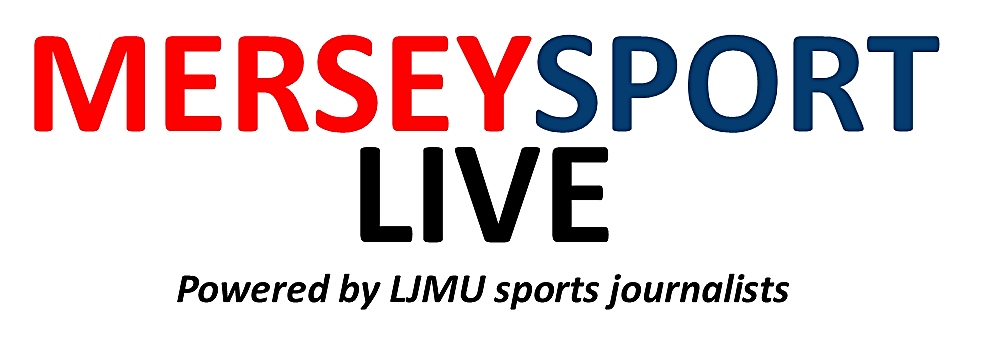The Toffee’s are arguably playing their best football in years and seem intent in securing a spot in footballs most coveted domestic competition, the UEFA Champions League. Everton have not partaken in the competition since their fourth placed finish in the 2004/05 Premier League campaign which is still looked back upon with great fondness by all Evertonians.
The 2003/04 campaign was yet another rotten season for the Toffees as they narrowly avoided relegation, profusely reliant on an 18-year-old starlet Wayne Rooney up-front as their main talisman.
Rooney soon left the club on the summer transfer window Deadline Day, moving to Manchester United in a £20million transfer, that also saw a window of outgoings for the likes of Tomasz Radzinski, David Unsworth, Paul Gerrard and Niclas Alexandersson to name few.
All names who had previously remained instrumental in ensuring that Everton would remain a float in the Premier League and, with such outgoings, Everton were seen as the early bookies favourites for the drop at the start of the new campaign.
Manager, David Moyes, made quick work in acquiring some new talent with Marcus Bent arriving from Ipswich Town for £450,000 and arguably the club’s greatest bargain signing, Tim Cahill, who arrived for as little as £1.5million from Millwall.
After a 4-1 opening day defeat at the hands of League Champions Arsenal, questions were already being asked about Everton’s future longevity as a Premier League club.
In spite of this, the Toffee’s hit-back and went on an impressive six game unbeaten run that included wins against Crystal Palace, West Bromwich Albion, Manchester City, Middlesbrough and Portsmouth before narrowly losing against Tottenham Hotspur in October.
Everton would continue their excellent form and would only lose two more games before the turn of the year and even enjoyed a spectacular derby day victory over Liverpool in December at Goodison Park.
In the January window, Everton remained as one of the most active sides with the club splashing a then club record £6million for Southampton striker James Beattie and acquiring the services of Spanish midfielder Mikel Arteta with an initial short-term loan that became a permanent move from Real Sociedad later that summer.
It wasn’t all great news for the Toffees as star-studded midfielder Thomas Gravesen would depart for Real Madrid and cult icon Kevin Campbell left in a free transfer to West Bromwich.
Everton’s form began to dip in the second half of the season as they ended-up losing nine games, which included a 7-0 drubbing at the hands of Arsenal at Highbury in May.
Despite this, Everton surprisingly finished the season in 4th, three points ahead of Liverpool and on a negative one goal difference. This finish would ensure that Everton would be playing European football for the first time in a decade after they gained qualification to the UEFA Cup Winners-Cup in 1995 after their FA Cup final win over Manchester United.
The Toffees would begin their campaign in the Qualifying rounds of the Champions League with a home and away tie scheduled against Spanish side Villarreal. A victory across both legs would’ve ensured Everton passage into the Group Stage of the competition.
David Moyes would also continue to bring in more names to the club with Dutch international Andy Van Der Meyde arriving from Inter Milan for £2million, Simon Davies joining from Spurs for £3.5million, Phil Neville from Manchester United for £3.5million and Per Krøldrup from Udinese for £5million.
Despite Everton attracting such experienced and worldwide talent, the Blues’ stay in Europe’s elite was all but over even before it began.
After a 2-1 home defeat to Villarreal, Everton had to muster up an emphatic performance at the Estadio de la Cerámica in Spain in order to ensure that would be playing Champions League football for the remainder of the season.
After a Mikel Arteta free-kick cancelled out Juan Pablo Sorin’s first half brace, Everton’s dominant striker Duncan Ferguson nodded home from a corner to draw Everton level on aggregate, that would’ve seen the game go to extra-time.
Yet with an entire siege of passionate Evertonians going berserk, one of the world’s most respected and knowledgeable referees, Pierluigi Collina disallowed the goal after claims that Marcus Bent had committed a foul, despite the match replays clearly showing that he was being pulled back by his shirt from the resulting Villarreal player.
It remains as one of the most controversial decisions in the competitions history and a saddening moment for Everton which was later cemented with a Diego Forlan injury-time winner ensuring that Villarreal moved into the Group Stage and would later finish as that seasons semi-finalists.
The decision shocked the footballing world with Collina himself retiring from refereeing the very next day as Evertonians and pundits alike still remain in a state of consternation over Collina’s decision.
Since that night in Castellón, Everton have never played in the UEFA Champions League, with the constant disappointing and underwhelming league campaigns preventing their entry into Europe’s elite.
This season may remain as Everton’s best chance yet to enter the competition and with the experience of Carlo Ancelotti at the helm as gaffer and more starlet names added to their squad, Evertonians will be hoping that their long 15-year wait for passage into the Champions League will finally end this season.














